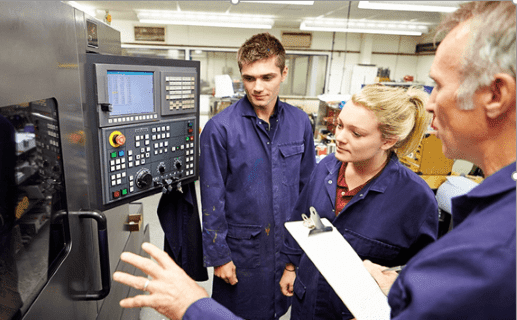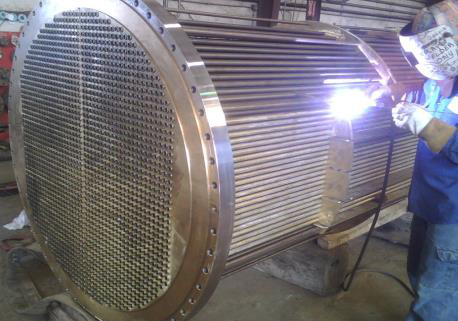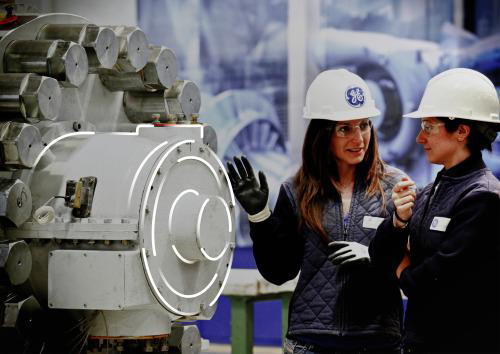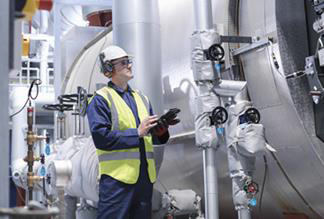COURSE OVERVIEW
PE0922 : Root Cause Analysis (RCA) of Upset in Process Plant

OVERVIEW
| COURSE TITLE | : | PE0922 : Root Cause Analysis (RCA) of Upset in Process Plant |
| COURSE DATE | : | Dec 08 - Dec 12 2024 |
| DURATION | : | 5 Days |
| INSTRUCTOR | : | Mr. Mike Poulos |
| VENUE | : | Doha, Qatar |
| COURSE FEE | : | $ 6000 |
| Register For Course | ||
OTHER SCHEDULED DATES
| Date | : | Mar 03 - Mar 07 (5 Days) | Location | : | Dubai, UAE | Classroom Fee (US$) | : | $ 5500 | Course Info |
| Date | : | Jun 10 - Jun 14 (5 Days) | Location | : | Abu Dhabi, UAE | Classroom Fee (US$) | : | $ 5500 | Course Info |
| Date | : | Sep 01 - Sep 05 (5 Days) | Location | : | Al Khobar, KSA | Classroom Fee (US$) | : | $ 5500 | Course Info |
Course Description
This practical and highly-interactive course includes various practical sessions and exercises. Theory learnt will be applied using our state-of-the-art simulators. This course is designed to provide participants with a detailed and up-to-date overview on root cause analysis. It covers the operational principles and why plants get upset; finding effective solutions to event-based problems in refinery; collecting operational data like carryover, slippage, facilities, bottleneck, excess flaring, etc. and comparing with the PFDs, heart and material balance docs, data sheets and design info and PAT reports; identifying bottlenecks of facilities, instruments errors and human errors; reviewing and verifying operational reports to develop a method to solve the problems; defining the problem; and the characteristics of a troubleshooting problem and the process used to solve troubleshooting problems. During this interactive course, participants will learn the mental problem solving process; the overall summary of major skills and a worksheet; the practical example using the troubleshooter?s worksheet; selecting valid diagnostic actions; the complex operational troubleshooting; the fundamentals of root cause analysis; using root cause analysis techniques; the cause and effect principle; the framework of RCA including why-why analysis, breakthrough, DMAIC and RCA tools; and RCA candidate selection process; using the DMAIC process; effective interviewing and finding creative solutions and effective solutions; utilizing process engineering software for identifying root cause and troubleshooting; measuring equipment/facility performance and identifying deviations from the optimum design; developing solution to the issue; the lateral learning; and facilitating a workshop.
TRAINING METHODOLOGY
This interactive training course includes the following training methodologies as a percentage of the total tuition hours
LecturesWorkshops & Work Presentations
Case Studies & Practical Exercises
Videos, Software & Simulators
In an unlikely event, the course instructor may modify the above training methodology before or during the course for technical reasons.
VIRTUAL TRAINING (IF APPLICABLE)
If this course is delivered online as a Virtual Training, the following limitations will be applicable
| Certificates | : | Only soft copy certificates will be issued to participants through Haward’s Portal. This includes Wallet Card Certificates if applicable |
| Training Materials | : | Only soft copy Training Materials (PDF format) will be issued to participant through the Virtual Training Platform |
| Training Methodology | : | 80% of the program will be theory and 20% will be practical sessions, exercises, case studies, simulators or videos |
| Training Program | : | The training will be for 4 hours per day starting at 09:30 and ending at 13:30 |
| H-STK Smart Training Kit | : | Not Applicable |
| Hands-on Practical Workshops | : | Not Applicable |
| Site Visit | : | Not Applicable |
| Simulators | : | Only software simulators will be used in the virtual courses. Hardware simulators are not applicable and will not be used in Virtual Training |
RELATED COURSES

PE0382 : Heat Exchangers & Fired Heaters
- Date : Dec 08 -Dec 12 / 3 Days
- Location : Dubai, UAE
- Course Details Register

PE0640 : Troubleshooting Process Operations
- Date : Nov 17 -Nov 21 / 3 Days
- Location : Istanbul, Turkey
- Course Details Register

PE0263 : Fired Heaters, Air Coolers, Heat Exchangers, Pumps, Compressors, Pressure Vessels & Valves
- Date : Dec 08 -Dec 12 / 3 Days
- Location : Doha, Qatar
- Course Details Register

PE0105-4D : Process Plant Optimization Technology & Continuous Improvement
- Date : Nov 11 -Nov 14 / 3 Days
- Location : Abu Dhabi, UAE
- Course Details Register
